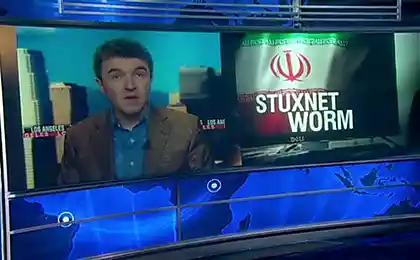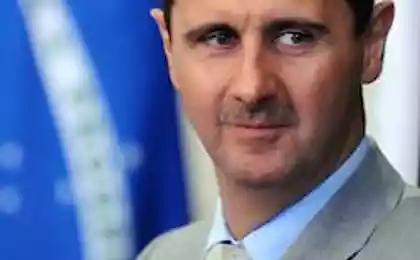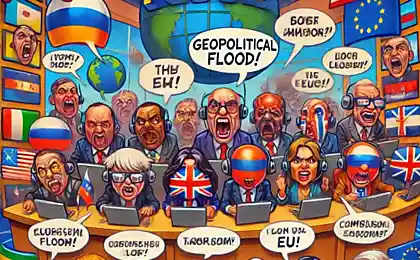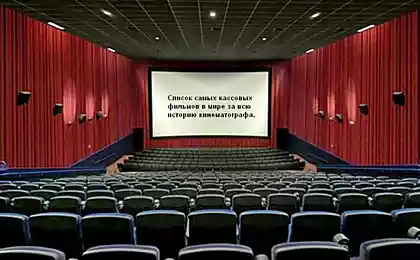825
World powers have agreed on non-aggression in cyberspace
The Group of Governmental Experts on International Information Security for the first time been able to reach agreement on the rules of behavior in cyberspace. It promises to voluntarily abide by the rules of the 20 countries that have signed the treaty. Among them are Russia, the US, China, Britain, France, Brazil, Japan, South Korea and Israel.
The agreement provides a few basic points.
1. Do not attack critical infrastructure of other countries (nuclear power plants, banks, transport management system or water supply). ICT should be used exclusively for peaceful purposes.
2. Do not blame each other in cyber attacks without evidence.
3. Do not insert malicious bookmarks in the IT-products (point put forward to Russia's initiative).
4. States have the sovereign right to manage the information and communication infrastructure in their territory and to determine their policy in the sphere of international information security.
5. All articles of the UN Charter are applicable to the information space, including Article 51, which guarantees the state the right to self-defense if it carried out an armed attack. Given Washington's statements on the law of armed response to cyber attacks, the report particularly emphasizes that the international community needed to agree on the key terms and concepts in the field of ICT use. This includes such things as "armed attack».
Western media reported большой winning American diplomacy . Russian media look at the events on the other side: "Russia on the need for standards of behavior in cyberspace, said as early as 2011. At the same time the Russian authorities have tried not only to protect their resources from cyber threats in the narrow sense of the term (sabotage of software and "iron"), but also to put a barrier to the use of Internet technologies in the military-political purposes (the militarization of cyberspace, the destabilization of regimes ). The Western countries (primarily the United States), until recently, of any rules of conduct and would not hear. The Russian initiatives, they saw only an attempt to establish more control over the Internet and the desire to limit kiberpotentsial other countries », - writes" Kommersant » citing member of the Group of Governmental Experts of the United Nations, the Russian president's special representative for international cooperation in the field of information security, special envoy of the Russian Federation Ministry of Foreign Affairs Andrei Krutskikh (see. interview ).
The report handed to UN Secretary General for submission to the 70th session of the UN General Assembly to be held in late September 2015. "But, as recorded in the report of standards developed by consensus within the UN mechanism, we can assume that they already have the character of existing UN recommendations," - said Andrew Krutskikh.
Source: geektimes.ru/post/260378/
The agreement provides a few basic points.
1. Do not attack critical infrastructure of other countries (nuclear power plants, banks, transport management system or water supply). ICT should be used exclusively for peaceful purposes.
2. Do not blame each other in cyber attacks without evidence.
3. Do not insert malicious bookmarks in the IT-products (point put forward to Russia's initiative).
4. States have the sovereign right to manage the information and communication infrastructure in their territory and to determine their policy in the sphere of international information security.
5. All articles of the UN Charter are applicable to the information space, including Article 51, which guarantees the state the right to self-defense if it carried out an armed attack. Given Washington's statements on the law of armed response to cyber attacks, the report particularly emphasizes that the international community needed to agree on the key terms and concepts in the field of ICT use. This includes such things as "armed attack».
Western media reported большой winning American diplomacy . Russian media look at the events on the other side: "Russia on the need for standards of behavior in cyberspace, said as early as 2011. At the same time the Russian authorities have tried not only to protect their resources from cyber threats in the narrow sense of the term (sabotage of software and "iron"), but also to put a barrier to the use of Internet technologies in the military-political purposes (the militarization of cyberspace, the destabilization of regimes ). The Western countries (primarily the United States), until recently, of any rules of conduct and would not hear. The Russian initiatives, they saw only an attempt to establish more control over the Internet and the desire to limit kiberpotentsial other countries », - writes" Kommersant » citing member of the Group of Governmental Experts of the United Nations, the Russian president's special representative for international cooperation in the field of information security, special envoy of the Russian Federation Ministry of Foreign Affairs Andrei Krutskikh (see. interview ).
The report handed to UN Secretary General for submission to the 70th session of the UN General Assembly to be held in late September 2015. "But, as recorded in the report of standards developed by consensus within the UN mechanism, we can assume that they already have the character of existing UN recommendations," - said Andrew Krutskikh.
Source: geektimes.ru/post/260378/
The new Google project helps to determine the feasibility of installing solar panels
We found a way to deal with pesky drones























